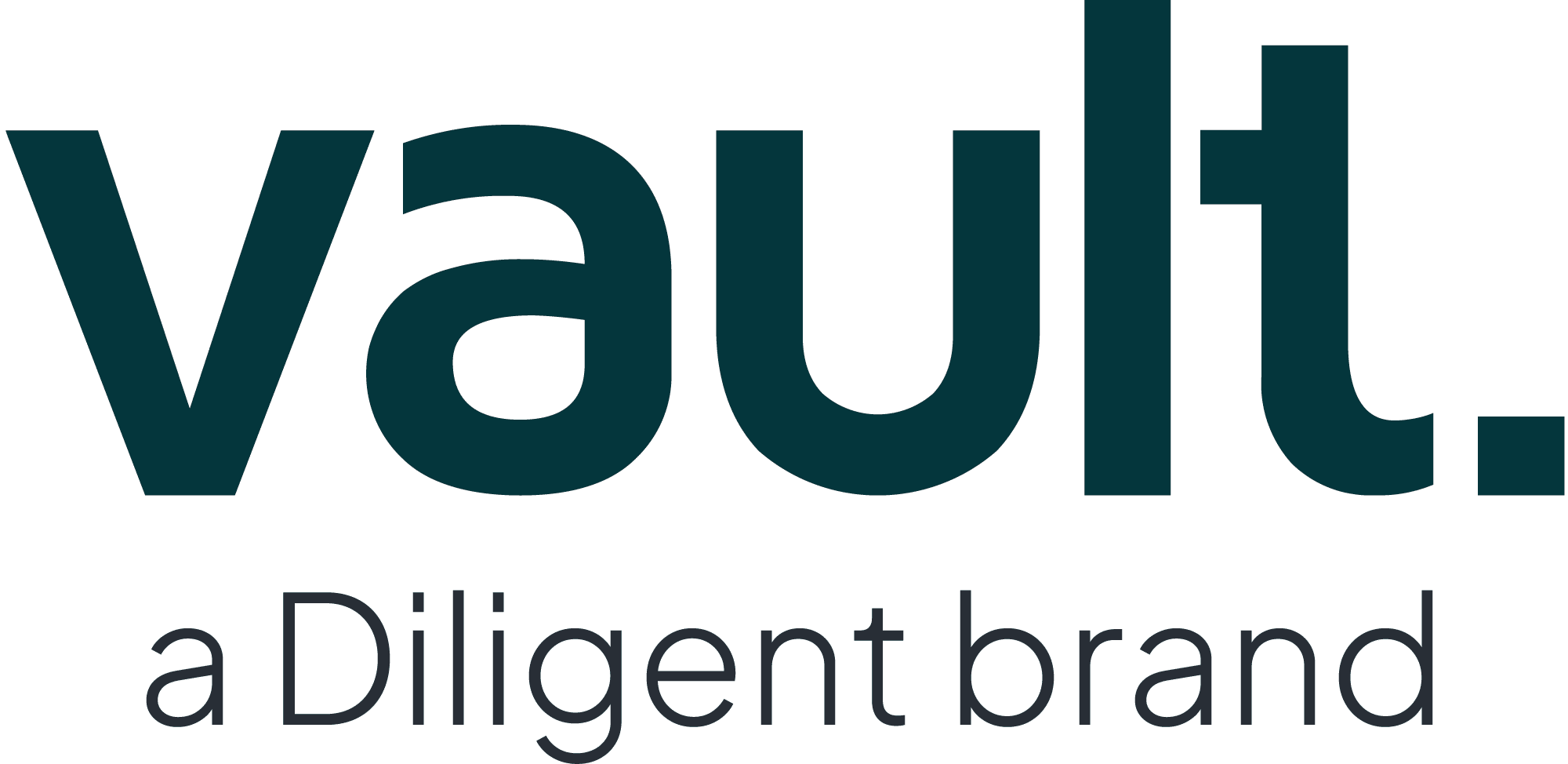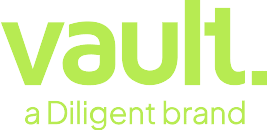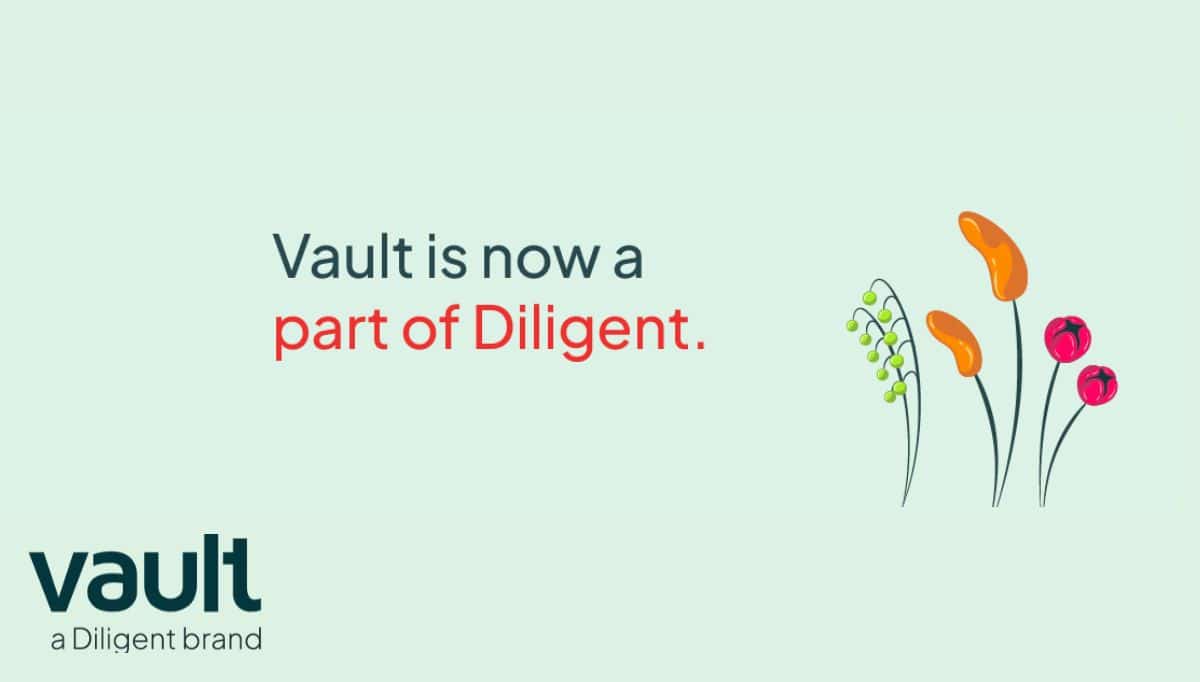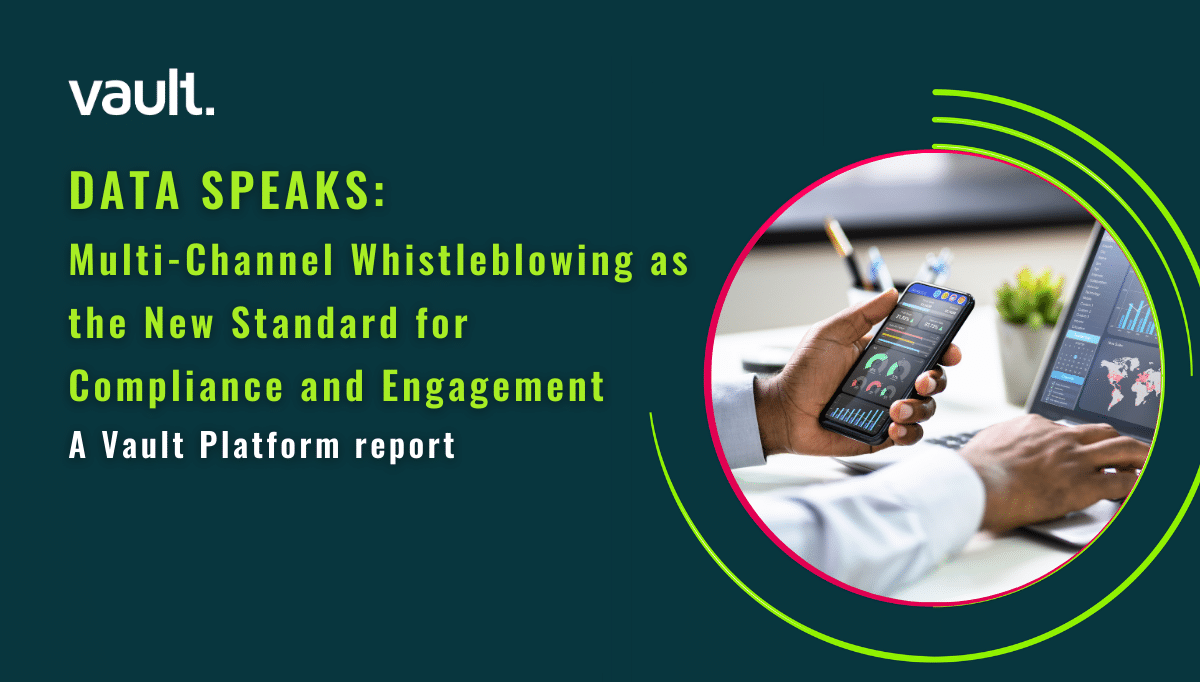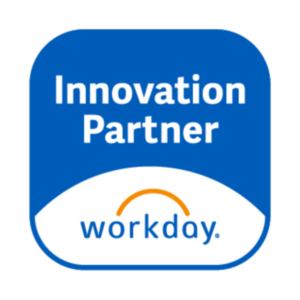The abrupt life changes caused by the pandemic continue to propagate elevated stress, anxiety, depression, and other mental health issues among the global workforce. A report released this month reveals that the risk for depression among US workers has risen an alarming 102% since February of this year and shows little sign of abating.
For nearly half the year, workers have been dealing with small and large disruptions to their daily lives as a result of COVID-19. As is now a common story, younger adults, racial and ethnic minorities, essential workers, and unpaid adult caregivers are experiencing disproportionately worse mental health outcomes, increased substance use, and elevated suicidal ideation.
Cutting corners on compliance
Although the crisis is re-focusing workplace priorities away from nice-to-haves like yoga and ping-pong to baser essentials like hygiene and safety, the same pressures make it tempting for companies to make shortcuts when it comes to compliance and ethical behavior. Workers also feel under more pressure to turn a blind eye to wrongdoings in fear they make themselves vulnerable to future job cuts.
The vector for common forms of misconduct such as bullying and harassment has changed in line with new working arrangements, just as large numbers of employees working from home make it harder for legacy systems to spot incidents of corruption or fraud.
UK law firm Shoosmiths said this week that cyberbullying claims have “increased substantially” since the onset of COVID-19. “With more of us working from home and using online platforms than ever before to connect with colleagues and clients, the blur between home and work life has seen many abandon office etiquettes.”
Back to work blues
But the fact remains that with an increased focus on ‘getting back to work’ Maslow’s hierarchy of needs has been flipped to prioritize physical and psychological safety over personal growth and career and employers have an ethical, if not legal, responsibility to keep their people safe.
A CDC study released in August found that 40% of US adults were struggling with mental health issues as a result of the pandemic impact. The percentage of respondents who reported having seriously considered suicide in the 30 days before completing the survey (10.7%) was significantly higher among respondents aged 18–24 years (25.5%), minority racial/ethnic groups (Hispanic respondents [18.6%], non-Hispanic black [black] respondents [15.1%]), unpaid caregivers (30.7%), and essential workers (21.7%).
Yet the old challenges with encouraging employees to Speak Up remain. Given the stigma still associated with mental health issues, it’s very difficult for employees to come forward and ask what resources are available from their employer, especially if they are fearing for their job.
This mirrors the common challenges with reporting incidents of bullying, harassment, or discrimination – employees worry they will not be taken seriously, or if any action will actually take place.
Encouraging a Speak Up culture
But just as Vault Platform is lowering the barriers to misconduct incident reporting with a highly accessible mobile app (and an Open Reporting portal for everyone else in the ecosystem), we are working with customers to help them expose other resources they have invested in for employees.
Recent examples include using the Vault App for employees to discretely and anonymously inquire if there are resources for mental health support or domestic violence, or even to raise concerns about their work environment in light of COVID.
As the group head of HR for advertising giant M&C Saatchi explained: just making an app on your phone available to raise concerns or ask questions meant that the process felt like “less of a big deal” than using a hotline or sending an email to HR or the ethics team.
The key is to normalize speaking up at work (or home) as this gives employees “the feeling that we are willing to listen and act and that’s really at the heart of what we are doing in terms of accountability.”
Learn more about managing the workplace culture shift in Vault Magazine
September 10 is World Suicide Prevention Day
Support assets for the US can be found on the SHRM site, here
For the UK, support assets can be found on ACAS, here
